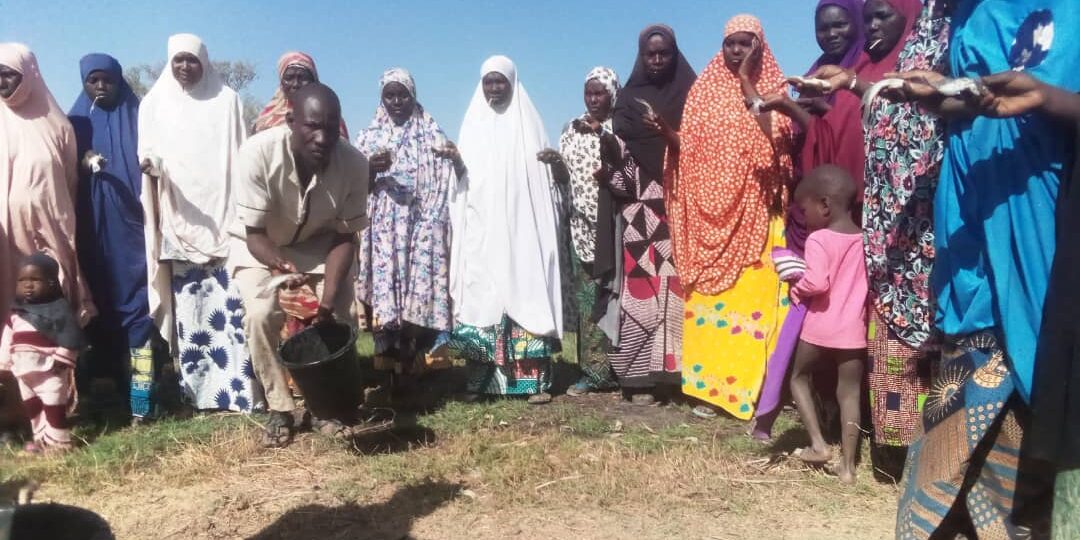A wave of grassroots mobilizations for national sovereignty has been happening in countries including Mali, Burkina Faso, and Niger. Military uprisings have seized power and expelled French military forces from their territories. These groups are facing external control over natural resources and have received support from different sectors of the population.
Niger, for example, is considered the world’s third-largest uranium producer; however, nearly all uranium in the country has been mined by French companies to this day, perpetuating a neocolonialist exploitation model that has persisted since the country gained independence in the 1960s.
In July 2023, when a military uprising ousted the then president of Niger, harsh sanctions were applied by the West, affecting the entire population, especially people in rural areas. Imperialist pressure spearheaded by France has been pushing for intervention in the country by the military forces of the Economic Community of Western African States (ECOWAS), which has been rejected not only by the African Union but also, more emphatically, by neighboring countries Burkina Faso and Mali, both members of the Alliance of Sahel States.
Amid this context, La Via Campesina and other grassroots organizations have been leveraging campaigns to denounce the imperialist sanctions and meddling in the country and to defend Nigerien peasants.
“The path to real peace in West and Central Africa lies in the full sovereignty of the people. Neocolonial interventions must cease,” the global peasant movement had stated in 2023.
To understand the current political context and the challenges facing grassroots struggles for sovereignty in the country, Capire spoke with Aminata Gado from La Via Campesina, and a member of the Niger Peasant Platform [Plateforme Paysanne du Niger—PFPN].
In this interview Aminata reveals the true extent of the unfair, inhumane sanctions that have been imposed on Niger that has led to a shortage of medications in drugstores, extreme energy shortages, and shortage of food and high food prices, and has limited the movement of entire populations.

